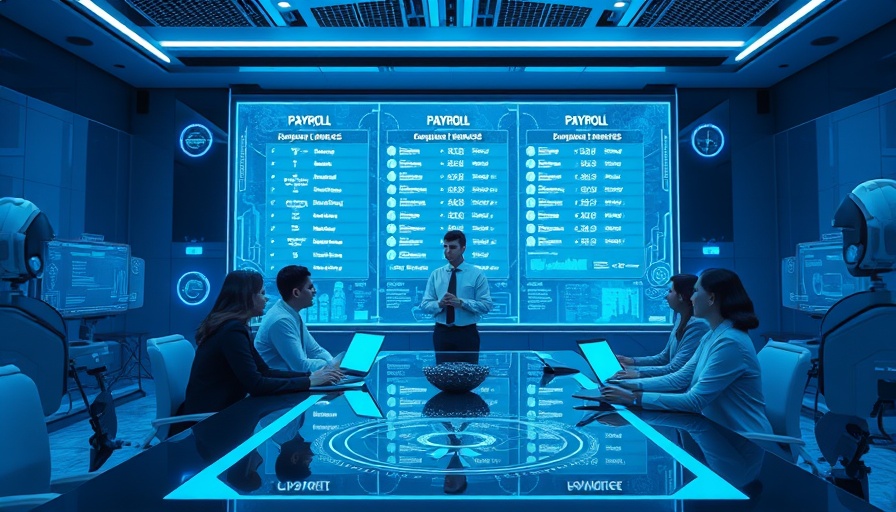
Decentralizing Payroll: A New Paradigm for Payments
The world of work is evolving, and decentralized autonomous organizations (DAOs) are at the forefront of this shift. They're not just changing how projects are managed, but also how individuals get compensated for their contributions in diverse ecosystems. As organizations look to establish fairer and more transparent systems, the concept of DAOs illuminates a future where payroll might not just be about dollars and cents, but about communal engagement and equity.
Understanding DAOs: The Mechanics Behind Decentralization
Decentralization stands on the principle that all members of a community deserve a voice in governance. In a traditional setup, payroll systems often feel impersonal, with rigid structures dictating salary scales and payment processes. Conversely, DAOs embrace a community-driven approach where contributors can influence decisions, including their compensation methods. This setup opens avenues for using cryptocurrencies, making payments more swift, widespread, and inclusive.
Global Payroll Challenges and Solutions
Consider the practicalities of managing a diverse workforce across the globe. Paying a designer in Argentina, a developer in Nigeria, and a marketer in Ukraine simultaneously can bring forth significant hurdles. With DAO payrolls, leveraging cryptocurrency can simplify these transactions. With just a few clicks, international payments can be executed without the extensive fees and delays that traditional banking often imposes. However, participants need to arm themselves with knowledge about varying regulations and compliance issues that arise in each jurisdiction.
Legal Considerations: Staying Compliant in a Decentralized World
While the allure of cryptocurrency payment systems is pronounced, it’s essential to recognize that decentralized structures still operate within a legal framework. Compliance is crucial; understanding tax liabilities and local laws protects both the organization and its contributors from potential legal repercussions. DAOs that prioritize compliance foster a trustworthy environment that reassures participants regarding the safety and legality of their compensation.
Advantages of DAO Payroll Systems
DAOs present a unique alternative to conventional payroll systems, touting benefits like transparency, lower transaction costs, and inclusivity. This flexibility allows organizations to adjust payments based on collaborative decisions rather than hierarchical dictates. Moreover, contributors often appreciate the fairness and clarity that comes with systems where payroll processes are transparent, as they can directly see how their work contributes to their compensation.
Potential Pitfalls: What Challenges Lie Ahead?
As promising as DAO payroll systems are, they are not without challenges. Training individuals to navigate a new financial landscape can be time-consuming, while technological hurdles may also arise. Additionally, the volatility of cryptocurrencies can impact payment amounts rendered in crypto, making it essential for organizations to formulate strategies that mitigate risk and ensure fair compensation regardless of market fluctuations.
The Future of Work in a Decentralized Era
As we progress further into the future of work, the adoption of decentralized payroll systems signifies a critical turning point for employers and freelancers alike. Embracing this transformation not only promises operational efficiencies but also fosters a culture that values equity and diversity within work environments. For companies willing to navigate this new terrain, the potential for success in attracting and retaining talent could be significant.
Conclusion: Embracing Change for a Fairer Workplace
In summary, the intersection of DAOs and payroll represents an innovative approach to compensating workers in an increasingly digital world. While there are challenges to address, the path forward seems vibrant with opportunities for change. As organizations increasingly adopt decentralized frameworks, it's important to champion practices that foster transparency, compliance, and fairness. So whether you're curious about the implications of DAO payroll for your work, or considering how you can integrate these solutions into your organization, the future is certainly one to watch—a world where everyone has a chance to be compensated fairly, without barriers.
 Add Row
Add Row  Add
Add 




 Add Row
Add Row  Add
Add 

Write A Comment